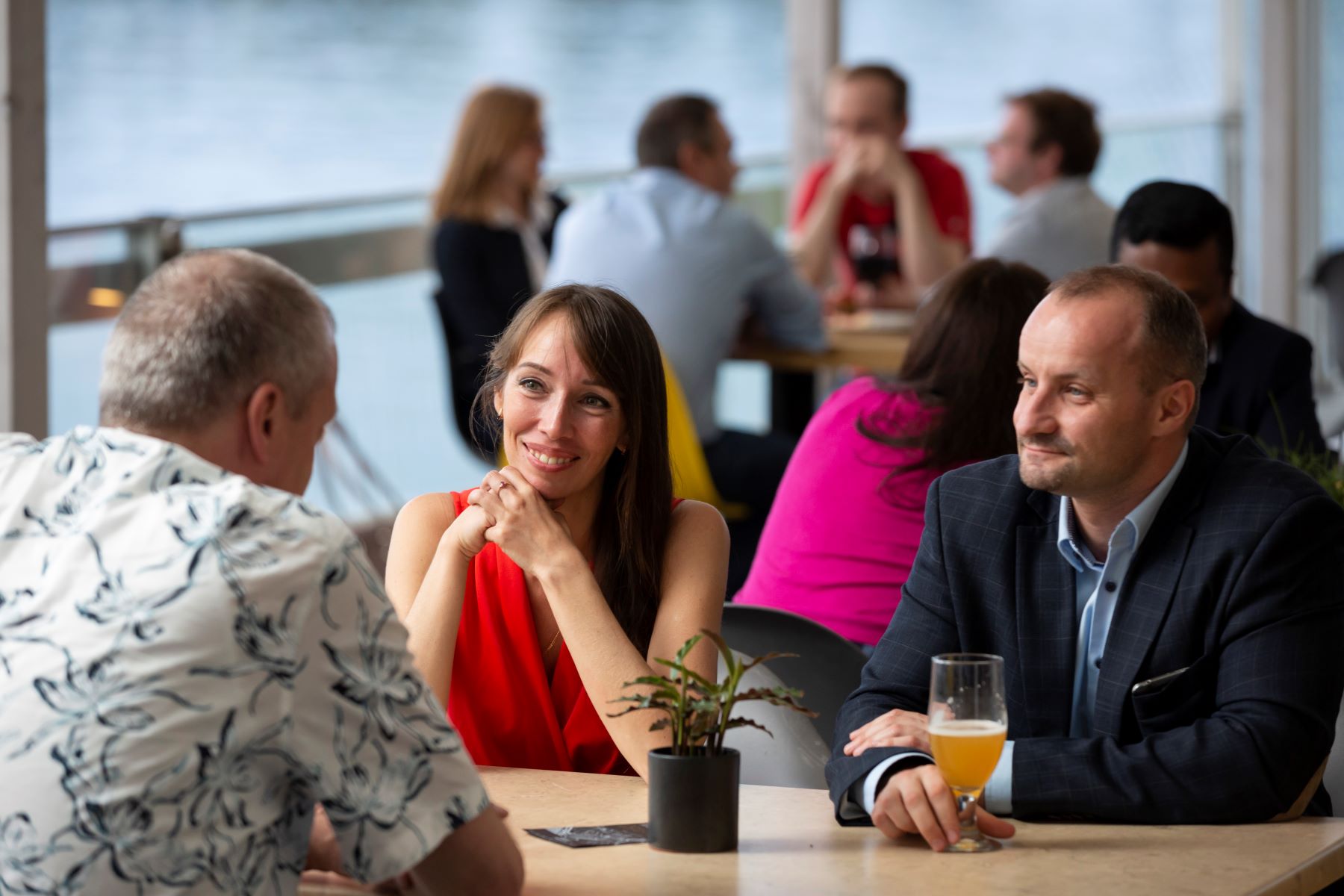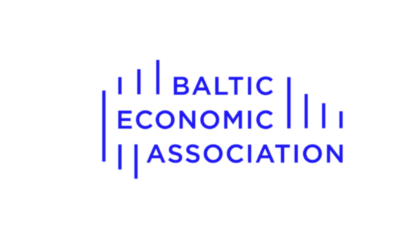The 7th annual conference of the Baltic Economic Association will take place on June 26-27, 2025, in Vilnius. The Board of the Association approved (on May 14, 2025) to hold the traditional annual General Meeting of the Baltic Economic Association on the second day of the conference (June 27, 16:30-17:30, Gedimino avenue 7, 01103, Vilnius, Lithuania – see the schedule).
Two Board members, Daiva Dumčiuvienė (representing Lithuania) and Alminas Žaldokas (representing Lithuania), are voluntarily resigning to ensure the annual rotation of the Board composition. Thus, we have two vacant positions for Lithuanian representatives on the BEA Board. The elections will be held during the General Meeting of the Association.
According to our Statutes (paragraph 9.7), Board member candidates can be appointed by the Board, the Advisory Board, or at least five individual members. Candidates shall be appointed at least two days before the General Meeting, notifying the Board via email.
If you are interested in becoming a Board member of BEA or want to suggest a candidate, send an email to conference@balticecon.org indicating your candidate and the list of at least five individual BEA members supporting this candidate (added in cc) until June 25 (cob).
The list of the candidates together with their CVs, as well as other background documents will be sent to you prior to the General Meeting.

